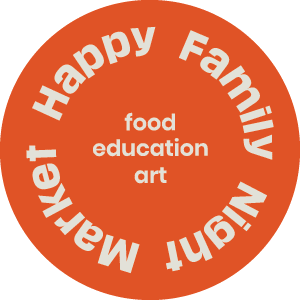
MUSCLE MEMORY
Elizabeth Rha
4 min., United States, color, 16 mm film & digital video Languages: English
An intimate oral history between a Korean (American) mother and Korean American daughter come to life through moving images archived across three generations to pose questions of nostalgic identity.
The featured four-minute dialogue is only one section of a two-hour oral history I transcribed with my mother three Thanksgivings ago and is illustrated by a mixture of 16mm footage featuring my sister, camcorder footage featuring a winter’s trip to my grandmother’s house, and archival photography of my mother’s family. This multimedia experimental documentary uses a sense of play as a continuation of the creative work and research work I have undertaken to push against the monolith of memories of loss and pain in narratives about Korean Americans and women of color.
As Cathy Park Hong writes in Minor Feelings: An Asian American Reckoning, “the ethnic literary project has always been a humanist project in which nonwhite writers must prove they are human beings who feel pain.” But however important it is for people of color to share stories of racial trauma, stories of survival and assimilation should not be their only point of identification. Asian Americans deserve to see their curiosity, intersectionalities, and beauty in the images they consume. This is the root to the art, dialogue, and learning I am committed to inside and outside of this proposal. In a society dominated by image-obsession and digital platforms, it is vital for people to see artists as agents of change in helping communities rethink themselves. Therefore, in this project, these images will exist as an archive pushing against a uniform notion of intersectional people and serve as a space to resist expectations and stereotypes.
There is so much to learn and document from someone I admire and to give me insight on my identity outlooks. I am looking forward to a space where we can learn, share, and connect on a level not usually afforded to immigrant mothers and daughters because of the distance instilled to survive in America and the coldness it can bring to relationships especially between first and second generation Korean Americans.
Elizabeth Rha creates art and digital experiences that push against false narratives of the Asian American monolith and generations of stereotyping to capture a beauty that has long deserved a place in the spotlight. Her identity has become a grounding space for her reflection on generational and cultural experiences when it comes to (moving) image making.